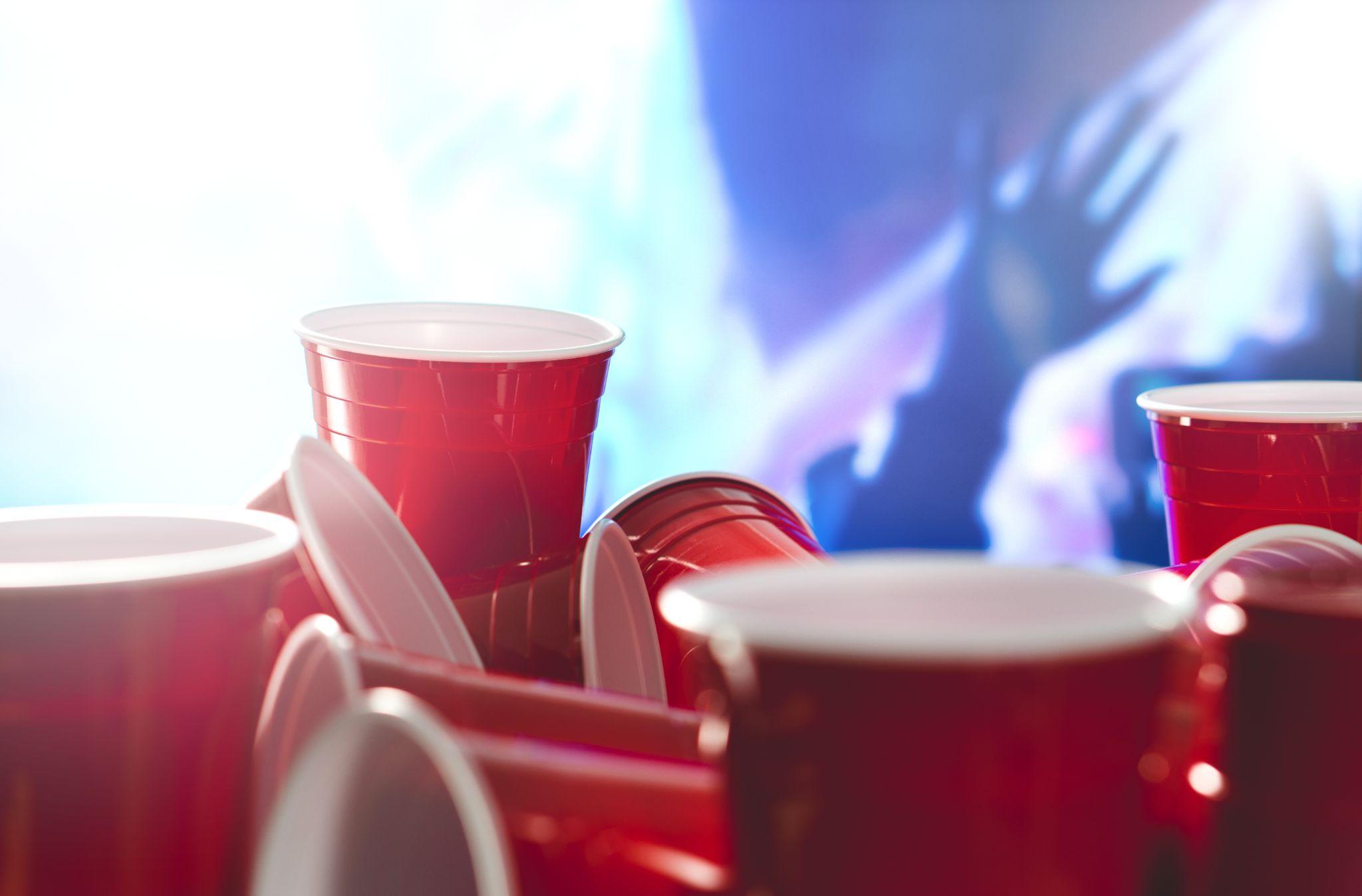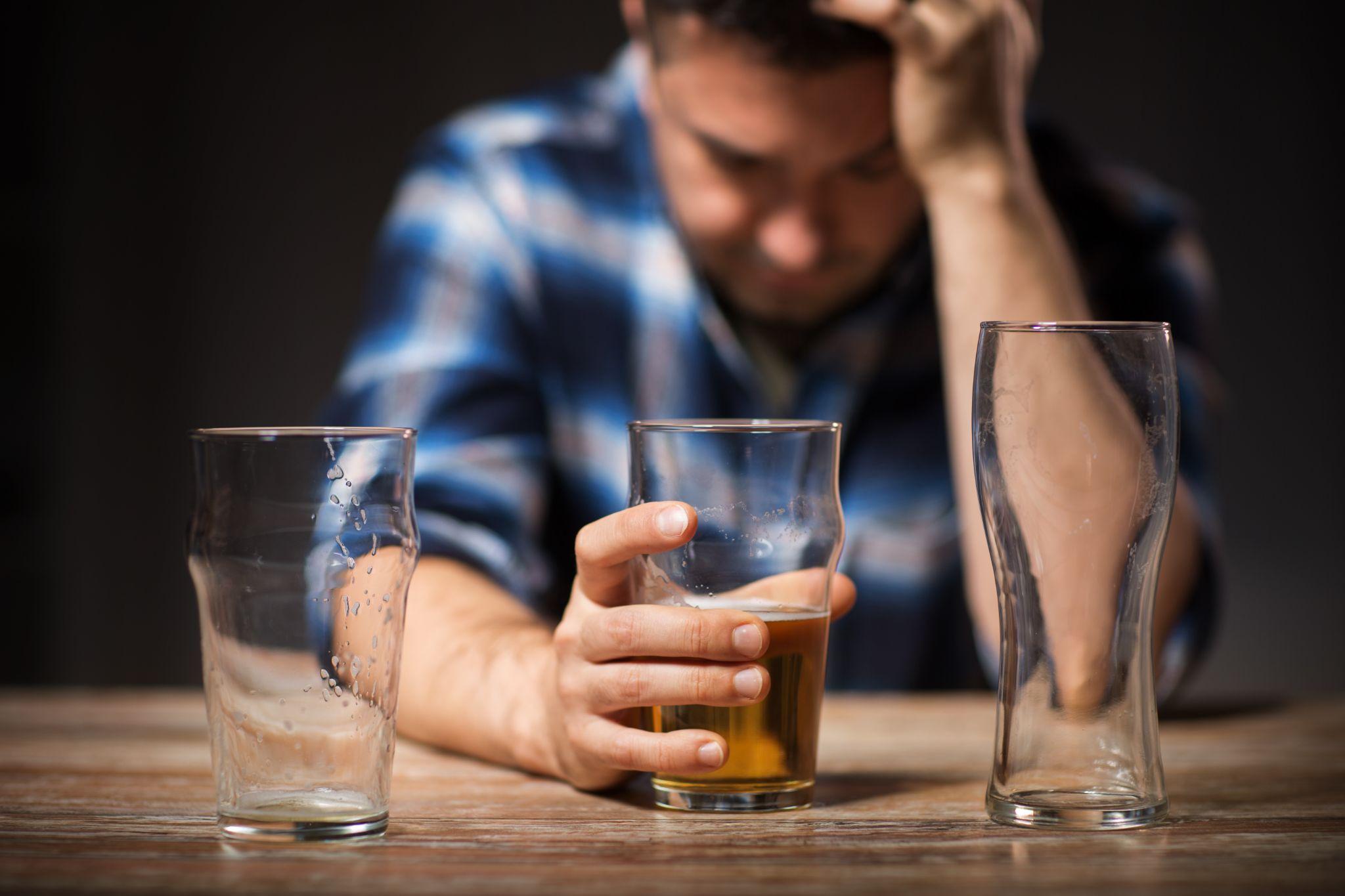In today’s fast-paced world, where stress and social pressures are ever-present, it’s crucial to discuss and understand the concept of binge drinking and risk of alcohol use disorder. This phenomenon, often overlooked or misunderstood, poses significant health risks and social implications.
At Lumina Recovery, we believe in the power of knowledge and empathy in addressing such issues. We want to delve into the definition, consequences, and nuances of binge drinking.
What exactly is binge drinking?
Binge drinking is defined as more than just consuming a lot of alcohol—it’s a specific pattern of excessive alcohol use.
According to the National Institute on Alcohol Abuse and Alcoholism (NIAAA), binge drinking is a pattern of drinking alcohol that increases blood alcohol concentration (BAC) to 0.08 percent or above. This level is typically reached when men consume 5 or more drinks, and when women consume 4 or more drinks, within about 2 hours.1
However, it’s essential to understand that these figures can vary widely among individuals. Factors like body weight, age, alcohol tolerance, and even genetic makeup can influence how quickly someone reaches a binge drinking level.
What is considered a standard drink?
A standard drink is a measure used to quantify alcohol consumption, representing the amount of pure alcohol in different types of alcoholic beverages. While the exact amount can vary by country, in general, a standard drink typically contains about 14 grams (0.6 ounces) of pure alcohol.2 This is roughly equivalent to:
- A beer serving of 12 ounces with an alcohol content around 5%
- A wine serving of 5 ounces with an alcohol content around 12%
- A serving of distilled spirits, such as whiskey, vodka, or rum, measuring 1.5 ounces with an alcohol content around 40%
These measurements help individuals track their drinking and understand how much alcohol they are consuming relative to recommended limits or guidelines.
Why is binge drinking considered harmful?
The dangers of binge drinking extend far beyond the immediate risk of intoxication. It poses severe threats to both physical and mental health.
Physically, it can lead to alcohol poisoning, a potentially life-threatening health problem where alcohol levels in the bloodstream become toxic. Chronic binge drinking increases the risk of developing liver disease, heart problems, and certain types of cancer. It also affects brain function, potentially leading to memory issues and impaired cognitive abilities.
On a psychological level, binge drinking is associated with a higher risk of mental health disorders, such as depression and anxiety. It can exacerbate existing mental health issues and contribute to the development of new ones.
Binge drinking is also linked to risky behaviors, including impaired driving, unprotected sex, and violence. These behaviors not only endanger the individual but also those around them.3
How can I recognize binge drinking in myself or others?
Recognizing binge drinking involves more than just counting drinks. It’s about noticing the patterns and behaviors associated with excessive alcohol use.
In oneself, it might manifest as frequently consuming large amounts of alcohol in a short period, often with the goal of becoming intoxicated. You might notice a tendency to drink quickly, or that once you start drinking, it’s challenging to stop.
In others, look for signs like consuming alcohol much faster than usual, becoming overly intoxicated compared to others in the same setting, or regularly engaging in drinking games or challenges.
Behavioral changes can also signal binge drinking. This might include uncharacteristic risk-taking behaviors, mood swings, blackouts (memory gaps), and neglecting responsibilities or commitments due to drinking. It’s important to approach these observations with care and empathy, whether you’re recognizing them in yourself or someone else.
Does binge drinking lead to alcoholism?
Binge drinking is a significant risk factor for developing alcohol use disorders, including alcoholism. However, it’s not a direct one-to-one progression. Many people who binge drink do not become alcoholics, but the behavior increases the risk considerably.
The transition from binge drinking to alcoholism can be gradual and often goes unnoticed until it becomes severe. Key indicators of this progression include an increasing tolerance to alcohol, experiencing withdrawal symptoms when not drinking, and finding it difficult to control or cut down on alcohol use.
If drinking starts to take a central role in life, overshadowing other activities and responsibilities, it could be a sign of developing an alcohol use disorder.
Are there specific groups more prone to binge drinking?

Binge drinking can affect anyone, but some groups are more susceptible due to various factors.
Young adults who binge drink, especially college students, are particularly at risk. The college environment often normalizes heavy drinking and social activities frequently revolve around alcohol. Additionally, this age group is dealing with the stresses of transition and newfound independence, which can contribute to unhealthy drinking habits.
Another group at risk includes individuals with mental health issues like depression, anxiety, or stress. They may use alcohol as a coping mechanism, which can quickly escalate to binge drinking. Additionally, individuals with a family history of alcoholism or those who have experienced trauma or peer pressure are also at a higher risk.
What steps can be taken to prevent binge drinking?
Preventing binge drinking involves a combination of personal strategies, awareness, and sometimes, seeking external support. Here are some key steps:
Set personal limits. Establish clear boundaries for yourself regarding how much alcohol you consume. Be mindful of these limits and stick to them, even in social situations.
Understand your triggers. Identify situations, emotions, or environments that prompt you to drink excessively. Awareness of these triggers can help you avoid them or find healthier ways to cope.
Educate yourself and others. Understanding the risks and effects of binge drinking can be a powerful deterrent. Share this knowledge with friends and family, especially if you notice them engaging in risky drinking behaviors.
Seek healthy alternatives. Find activities and hobbies that you enjoy and that do not involve alcohol. Engaging in sports, arts, community service, or other hobbies can provide a fulfilling and healthy alternative to drinking.
Build a supportive network. Surround yourself with people who understand your goals and respect your limits. This can include friends, family, or joining a group with similar interests that do not revolve around alcohol.
Accept professional help. If you find it challenging to control your drinking habits, consider seeking professional help. This can be in the form of counseling, therapy, or joining support groups.
Where can I find help for binge drinking?
There are numerous resources available for those seeking help with binge drinking:
Counseling and Therapy: Professional counselors or therapists can provide personalized guidance and strategies to manage drinking habits. They can also help address underlying issues like stress, anxiety, or depression.
Support Groups: Local support groups provide a community of individuals facing similar challenges. They offer a platform for sharing experiences and coping strategies.
Rehabilitation Programs: For those who need more structured support, residential inpatient rehabilitation programs can offer comprehensive care. These programs provide physical, psychological, and emotional support.
Healthcare Providers: Your doctor can offer advice, assess your health, and refer you to appropriate treatment options.
Get Help with Binge Drinking with Lumina Recovery
Binge drinking is a complex issue that requires understanding, awareness, and sometimes intervention. By recognizing the signs, understanding the risks, and knowing where to find help, individuals can take significant steps toward preventing or addressing this behavior.
At Lumina Recovery, we emphasize the importance of compassionate support, education, and professional guidance in tackling binge drinking. Whether you are seeking help for yourself or someone else, remember that you are not alone in this journey.
If you or someone you love is struggling, contact Lumina Recovery today.
Sources:



